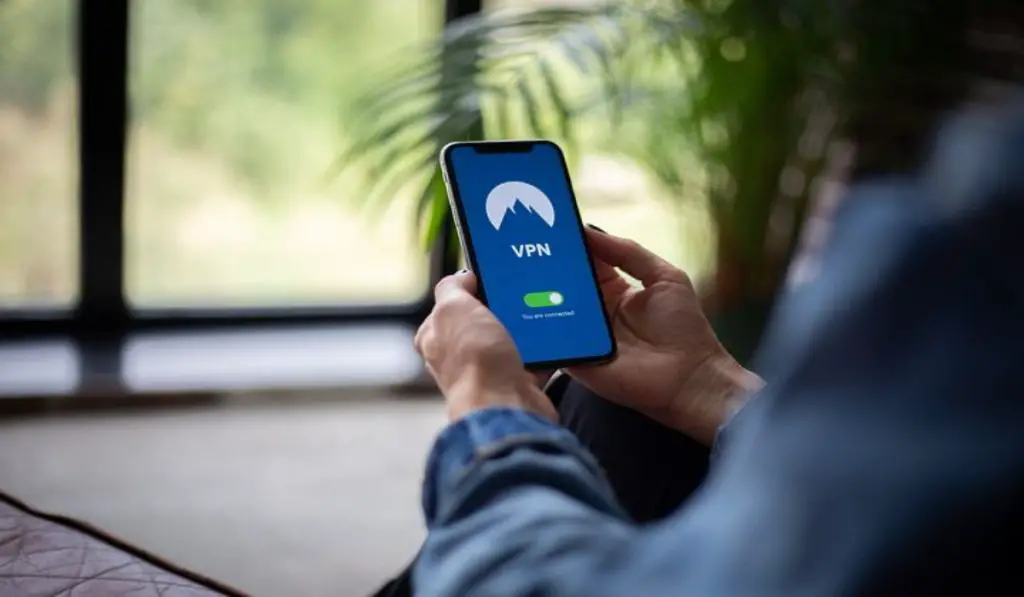VPNs are great for accessing content that are typically restricted. However, as they become more widespread in the digital space, there are more efforts to prevent their use. Whether due to government censorship, or limitations based on geographical locations, you may find yourself encountering VPN blockage. Some organizations and educational institutions may also outright prohibit VPN use to stop people from using their networks to access particular websites.
Whether you are accessing the Internet on a laptop computer, desktop computer, or a mobile device, the guide below lists the best techniques to help you bypass VPN blocking successfully and stay undetectable or untrackable online.

Table of Contents
Why Do VPNs Get Blocked?
Social media, news, and entertainment websites, among others, are sometimes blocked by organizations like schools, institutions, and some companies to promote productivity. To prevent their users from bypassing these restrictions with VPNs, they also employ VPN detection and blocking software.
Entire nations could also block VPNs, perhaps to limit the right to free speech. A secure and unrestricted internet connection is essential for the work of many journalists and activists. Moreso, many people in authoritarian countries use VPNs to browse the world wide web. In order to regulate who uses the internet and what information they may access, government agencies may sometimes place strict bans on VPNs.
How to Bypass VPN Blocking: Step-by-step Guide
There are VPN services that advertise their ability to function well in settings that forbid or restrict the use of VPNs. They have characteristics that can help them avoid detection and bypass VPN blocking and avoiding detection. So, when attempting to bypass VPN blocking, you should consider doing one of the following:
Use VPN servers that are obfuscated
To get over firewalls, these specialized servers come in very handy. They effectively use encryption to mask your encrypted connection by making your data appear like regular data packets. There are different VPN providers that can help bypass VPN blocking by obfuscating your data using various techniques.
Numerous well-known VPN providers, such as NordVPN, ExpressVPN, and IPVanish, include obfuscated servers as part of their basic subscription packages. Due to the free trial time offered by these VPNs, you can test it out risk-free. Simply download and set up your VPN software, search for the list of obscured servers, connect to one, and begin browsing. You’ll find it really easy to bypass VPN blocking successfully this way. Be sure to check out the best VPN server locations.
Select a highy secure VPN
It’s also easy to bypass VPN blocking by using VPNs with scalable security measures and a dependable server network. Certain VPN features can assist in making your VPN use invisible while enabling you to get around firewalls or geo-restrictions. Military-grade encryption, obfuscation, a number of protocols, a kill button, and leak protection are a few of these features.
Additionally, the likelihood that you’ll encounter blocked connections is reduced by using server networks that performs routine IP renewing. For instance, most VPN blocks can be overcome by servers like that of ExpressVPN. Additionally, you wouldn’t need to configure anything; you only connect and take advantage of the maximum stealth it provides to bypass VPN blocking.
Change the protocol for encryption or tunneling, or the port
Another way you can easily bypass VPN blocking is by choosing a different protocol because the port used by VPNs connects to the security protocol and encryption used. Changing the ports your VPN provider uses might also help you get around port blocking.
Firewalls can detect and block some VPN protocols more easily than others. So, instead of using options like OpenVPN, try WireGuard or L2TP/IPSec, which are less widely used. These options will help you to successfully bypass VPN blocking.
Obtain a Dedicated IP Address
A dedicated IP address belongs to you alone, hence, it’s quite rare to be blocked if you use this option. You typically share an IP address with other users when you connect to a VPN server. The websites you’re trying to access could suspect something is wrong because there are so many people using the same IP address at once.
A dedicated IP makes it simpler to bypass VPN blocking and also stops the CAPTCHA security alarms that frequently occur when moving servers.
In conclusion, you should probably think about switching providers if your VPN still doesn’t function after attempting all of these options to bypass VPN blocking. You’ll also be pleased to learn that every one of the safest VPN providers has at least a 30-day money-back guarantee.

